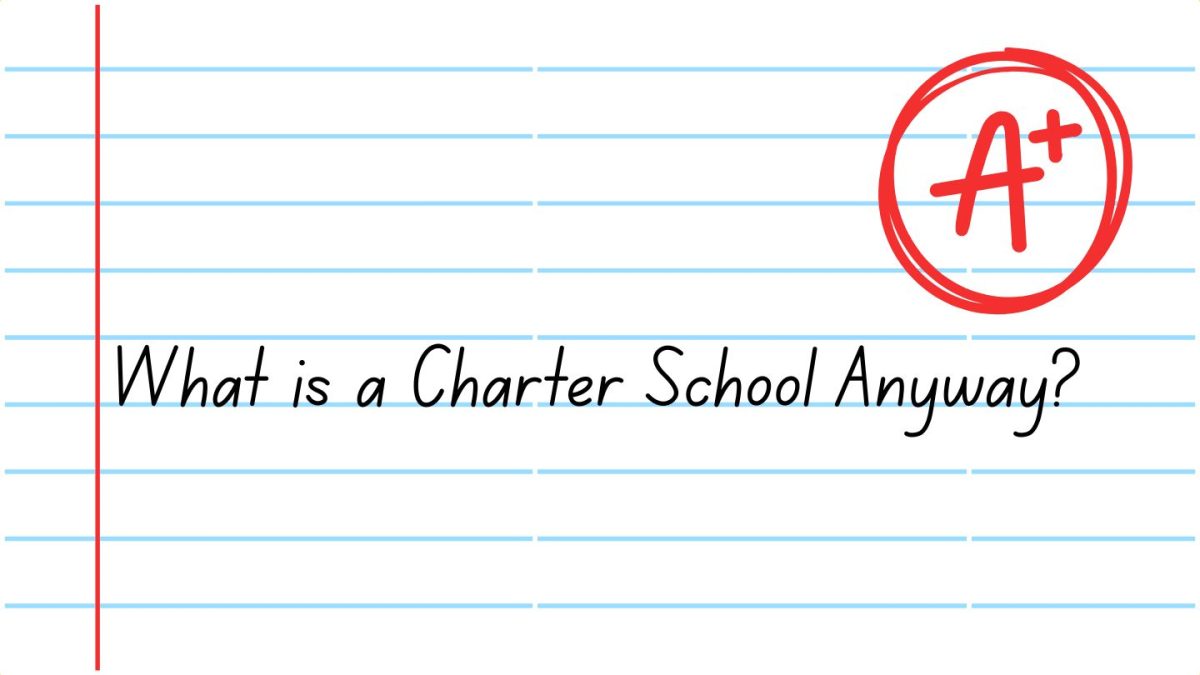In light of recent events, the high school decided to implement a new locked door policy to help ensure the safety of students and employees. This policy was implemented on Jan. 4.
“Sadly the issues that you see around the country and the issues that you see happening all over the place just made us say ‘we can’t wait any longer,'” principal Brent Riessen said.
Doors will now lock five minutes after first period starts. This means 8 a.m. on regular days and 8:35 a.m. on late start Wednesdays.
The exceptions to this new policy are the main entrance and the entrance by the athletic office. This means that students who leave campus for lunch will have to use these two doors that are always unlocked when returning to school.
“It’s hard to do it midstream but we appreciate kids understanding this,” Riessen said, “I think the feedback I’ve heard from a lot of kids is ‘thank you.'”
Although not all of the reactions have been positive, students are learning to adjust.
“It’s a minor inconvenience but it has been around in other schools for awhile now, so there isn’t a reason for someone to feel negative towards it,” senior, Michael Kinning, said.
In some classes teachers have been placing a magnet over the latch of their door. This way the door stays unlocked without the teacher having to use their key to let students back into the classroom.
“The ability to pull a magnet is a lot better than fumbling for your keys and sticking your head out in the hallway and trying to lock the door from the outside,” Riessen said, “It’s not as efficient as having the door already locked, but I understand it in some courses and some situations.”
Because this policy is new to Johnston, the substitute teachers are not all aware that they need to lock the doors.
“All of our teachers are supposed to leave security plans or emergency plans with the subs in their sub folder so we will make sure that’s a part of that if it’s not already,” Riessen said.
The new policy is centered around student and school safety.
“[How safe students feel in the high school] would be a great question to ask,” Riessen said. “I think that varies from kid to kid and student to student.”
Even with the measures being taken to improve the safety of the high school, the plan is not impenetrable.
While English teacher Sarah Wessling supports the idea of locking the outside doors, she does see negative effects to locking the doors inside the building.
“We react in an effort to protect ourselves, but when we do that we are also perpetuating a culture of fear.” Wessling said. “If everybody locks down everything everywhere what does that do to us as a people?”
The reason for the new locked door policy is to keep the people inside our school safe.
“I don’t know that there really is a quote on quote safe place anymore depending on who’s out there and what’s going on,” Riessen said. “We’re doing what we can and the one thing I’d like known, is that our very best defense is you, and letting us know if there’s any issues or any concerns you see.”
When students see someone who looks unfamiliar in the building they need to let an authority figure know. Students can use information from social networking such as Facebook or Twitter to help learn if an unauthorized visitor is in the building.
“As all the incidents that you’ve read about and heard about show, if someone wants to get into the building they can,” Riessen said. “If we can head something off before it even begins that’s when we’re most safe.”
For propping doors open, the consequence is a Saturday School and losing your parking pass. If you don’t have a parking pass, you will not get one.
“We really need to train ourselves to go through the doors that we’re being asked to for total safety,” Riessen said. “I may know you and I hold the door open for you, but I may not know the guy behind you.”
This is the first locked door policy that the high school has had.
“We’ve got great kids here around the building, but nobody is immune to things happening and we just want to make sure we’ve thought through these scenarios and safety measures so that if something happens we are prepared,” Riessen said. “But I think overall this is more safe than it was two weeks ago.”







